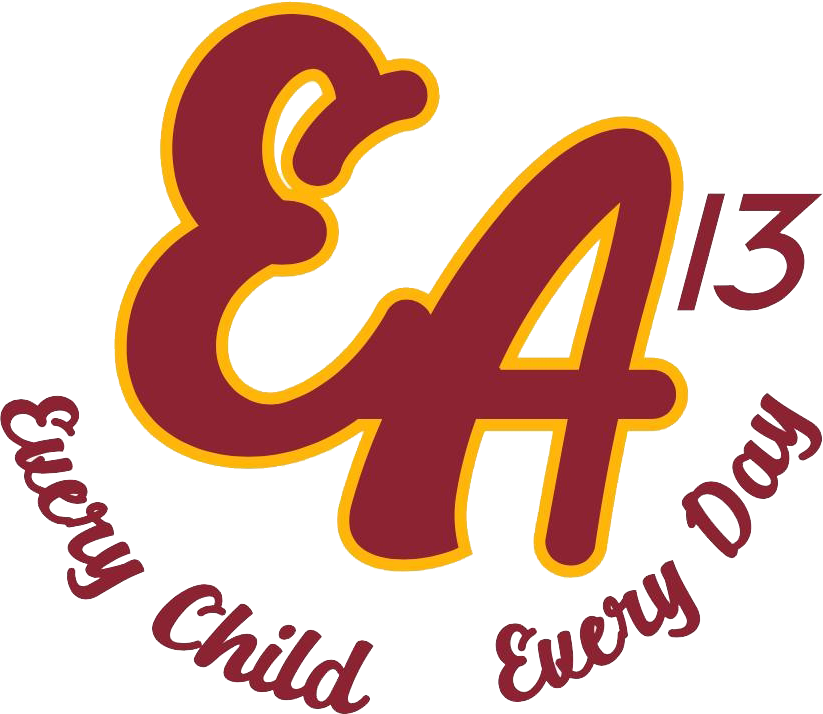Skip to content
Home
Show submenu for District
District
Board of Education
Buildings and Facilities
Central Office
District Documents
District School Improvement Plans
Show submenu for Parents
Parents
Show submenu for Staff Resources
Board Meeting Dates
Show submenu for
